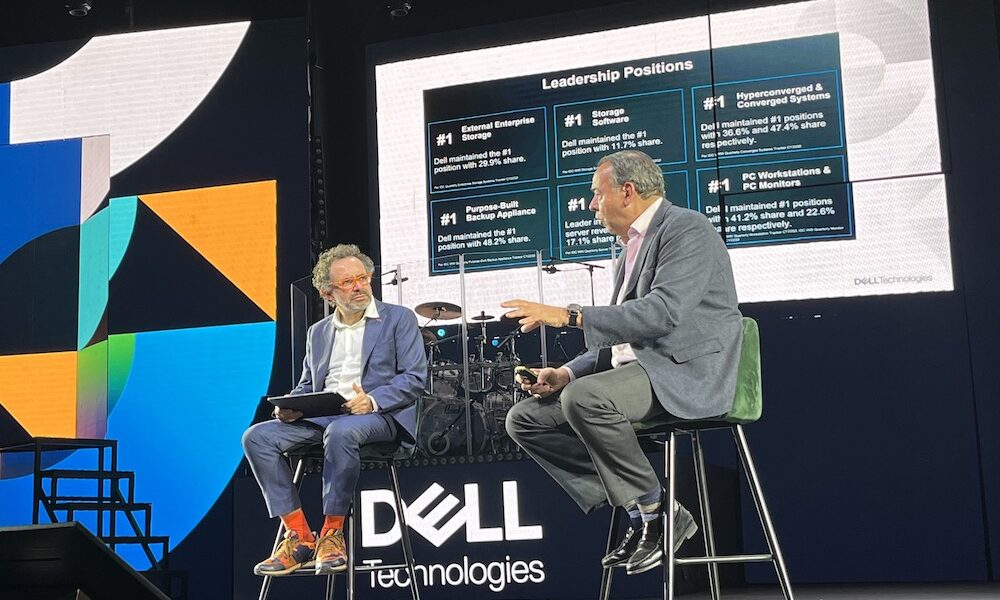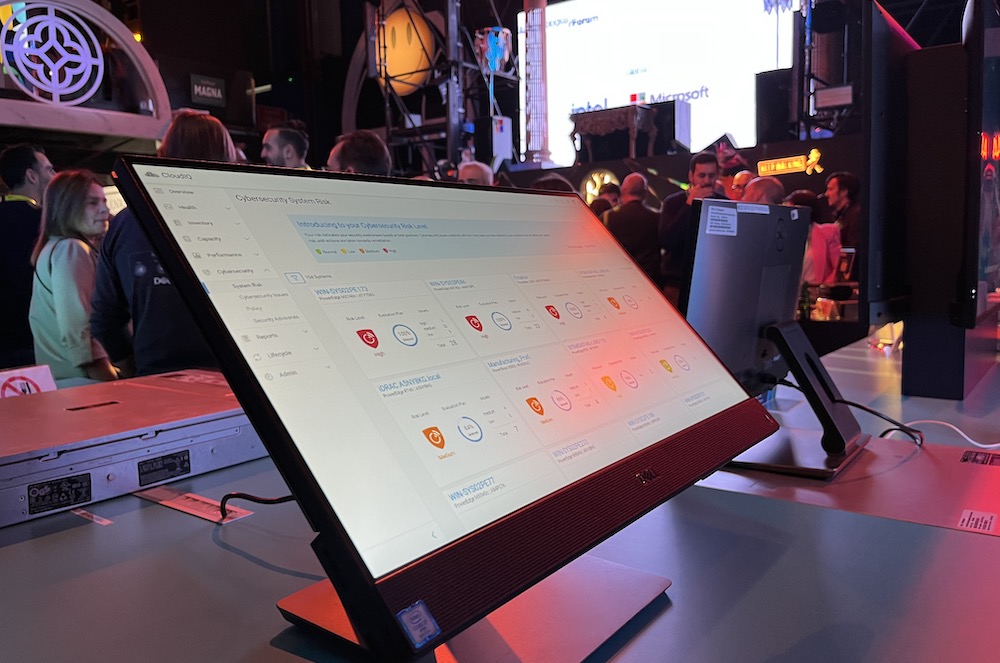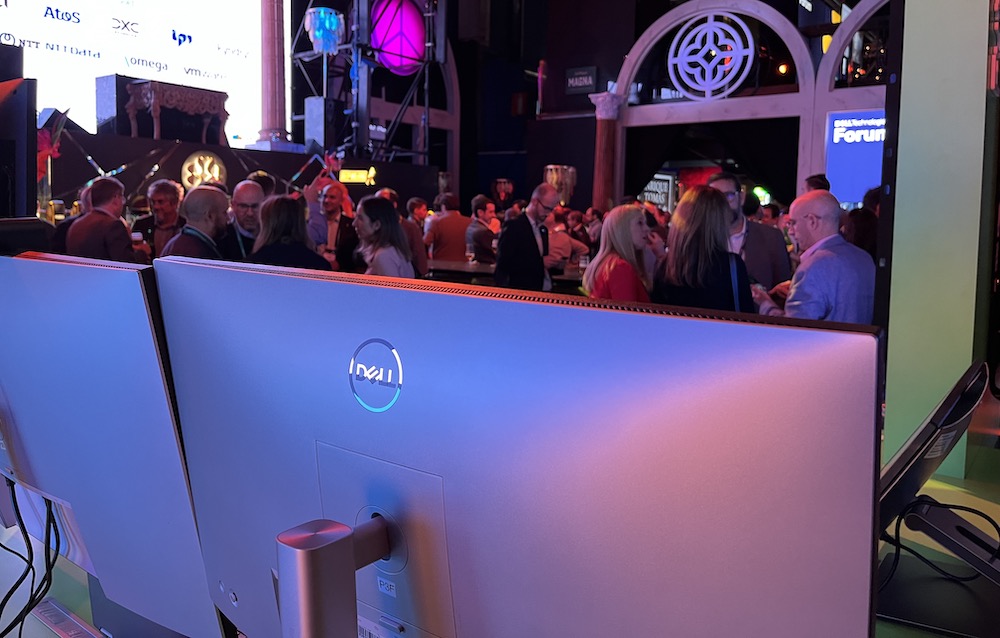
After two years of hiatus due to the pandemic, Dell Technologies wanted to return with a face-to-face event in a big way. He also wanted to do it in a different way and compared to the classic “fair” event format with clients and partners, the new edition of his Dell Technologies Forum has been developed at WAH Madrid, a space where gastronomy and music show go hand in hand.
An innovative concept, in which Dell has relied precisely as the thread of its event. And it is that as he has explained Ricardo Labarga, Spain General Manager of Dell Technologies, the American multinational has become the great benchmark for technological R&D in recent years: “We have spent 2,600 million dollars on innovation in the last year,” he declared, to then boast of a company in already has more than 26,000 patents to its credit.
There has also been innovation in how Dell Technologies believes that technology will evolve in the coming years and how it will shape the IT departments of companies. In the first place, as Labarga has stated, with (now yes) a decided jump to multicloud environments (“76% of organizations already work with several clouds and in 2026 85% will do so”, he assures), but also increasingly , betting on technology as a service models such as APEX. Added to this equation, of course, is an increasingly determined commitment to reinforce security throughout the entire value chain of the IT structure of companies and, of course, the modernization of the workplace.
The event has hosted an exhibition area with 32 stands in which Dell Technologies and its partners have presented their proposals for solutions and services and in addition to the plenary session, 28 parallel sessions have been organized in the following areas: Multicloud & aaS; Future of the Workplace; Modern & Edge Data Center and Security.
Multicloud and aaS
As explained by Dell Technologies, the complexity of the current cloud environment can bring with it an increase in data and operational silos, new productivity and security challenges, and unpredictable expenses or unforeseen blockages that limit agility.
To overcome these challenges, Dell Technologies is committed to creating a broad ecosystem of software and services in the cloud. According to Ricardo Labarga “we want to take our software and our services to the main public clouds, as well as to private data centers. To do this, we have partnered with leading hyperscalers (Amazon, Azure, Google), and cloud stack providers (VMware, Red Hat).” In addition, Dell Technologies also provides simplified experiences thanks to its APEX proposal, which allows managing clouds as a service.
Modern data center & edge
Edge computing is no longer a trend but is already here in numerous use cases. And as the multinational assures, with its Project Frontier initiative, Dell Technologies will help organizations to simplify, optimize and scale their applications at the Edge safely.
In addition, the company has expanded its portfolio of solutions and products for the Edge, which includes tablets and laptops built for complex environments; high powered workstations; servers and storage products that help organizations process data to generate knowledge at the speed that each company needs.
Security
In the field of security, Dell Technologies is committed to three fundamental elements. First, a Zero-Trust architecture, which guarantees that all elements have passed specific security controls to ensure that they are trustworthy; in a second approach, which also extends to applications, so as to ensure that organizations can safely install them.
The circle is completed with new recovery mechanisms against a cyberattack, since as Lagarda points out, “any disaster recovery structure will not be complete if it does not include a cyber-recovery solution to achieve cyber-resilience, that is, to be able to to recover when the disaster is a cyber attack”.
A study was also presented at the event, indicating that organizations need to carry out an analysis before embarking on new digital transformation projects, making sure that their workforce has the necessary support and clear information on the next stage of implementation. .
Likewise, the report outlines a route to follow so that organizations can maintain the transforming rhythm without the relationship of people with technology producing friction that hinders the process. Three key factors stand out on this path: connectivity, productivity and empathy.





